A laser beam profiler is more or less a specialized camera rigged to measure beam width, divergence, and other qualities of the laser’s spatial intensity distribution.
So, like any camera, it has a trigger which takes a given amount of time to open the shutter. Let’s say for argument’s sake that it takes only 10μs to open the shutter (as in the SP620, for example). If the laser pulses are somewhat longer than that, it can be measured as is.
(The only thing really affected by the 10μs that we missed is the energy per pulse, which would be measured better by an energy meter, anyway – not a beam profiler.)
The real question is: What do we do if our laser has very short pulse widths? Many lasers are not only shorter than 10μs, but they can be in the ns, ps, or even fs range. There is certainly no shutter in the world that can open in a handful of femtoseconds. Does this mean camera-based beam profilers won’t work for those lasers?
Nope.
As long as the laser repeats pulses at an approximately constant rate, we can use pre-triggering.
Ophir’s SP620 CCD Beam Profiler with photodiode trigger
The beam profiler “learns” the pulse rate, either directly from an electrical trigger-out of the laser or by measuring a few pulses with the camera’s built in photodiode. Once the profiler knows the laser’s repetition frequency, it can anticipate the next pulse and open the shutter in advance.
Now we capture the pulse, regardless of how short it is.
You might also like to read: How to measure Short Pulse High Power Lasers
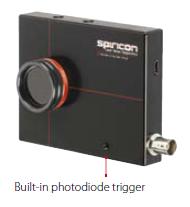
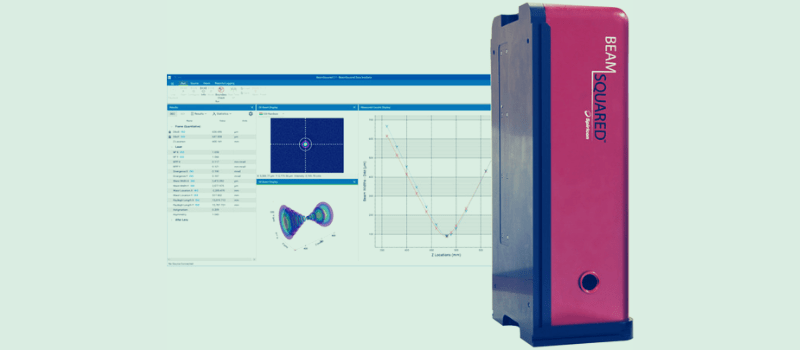
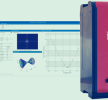
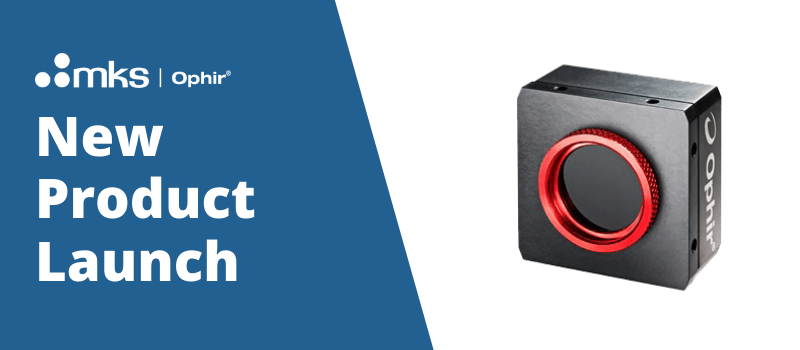
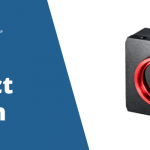


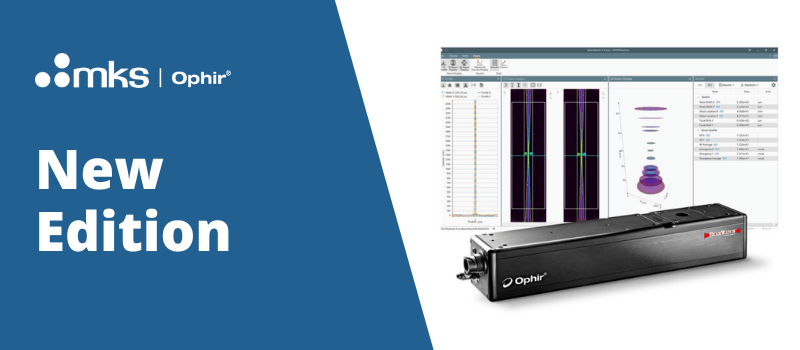
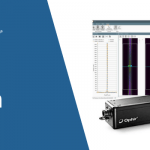
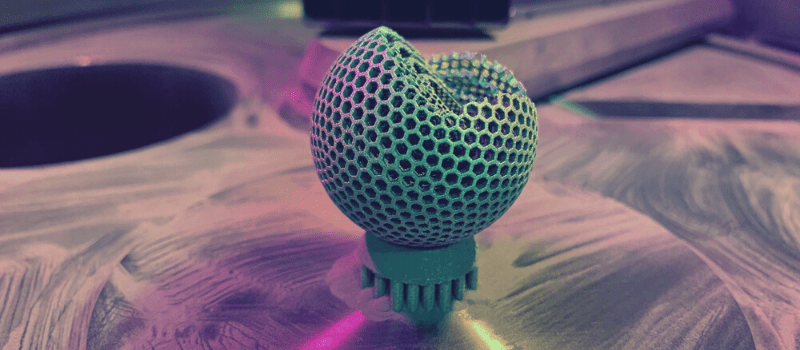

Leave a Reply
Your email address will not be published. Required fields are marked *